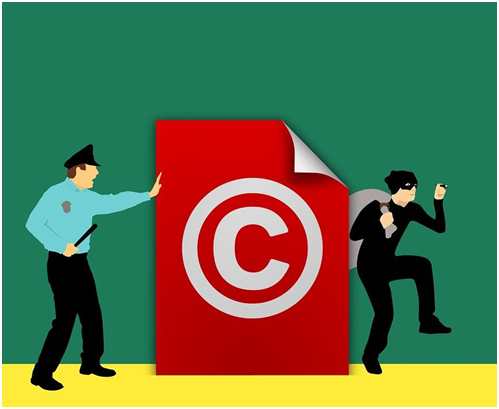In the first part of this topic, we discussed how valuable your IP is to your interests and what you can do to better protect it against unwarranted use by a third-party. What you’re about to read is a continuation of the same and we recommend reading ‘Part I’ before continuing reading further. Listed below are measures we recommend taking for the protection of your vital IP.
Protect Your (Could be) Patents
Many an inventors fail to properly protect their inventions when they aren’t discreet about its specifics. Openly talking about your invention and its functionalities isn’t a good idea and defeats the entire point of securing an intellectual property that can be used exclusively. Try to utilise the concept of a non-disclosure agreement when you’re discussing your invention with prospective investors. It’s simply best to first file your patent application before you begin to discuss these ideas with outside entities. It’s best to work with a reputed IP lawyer to help you understand what you should and what you shouldn’t be doing to protect your invention.
Attempt to Implement a Counter-Intelligence Mindset
People find funny things when they attempt to spy on their own company. But, doing so can be an excellent counter-intelligence mindset that can reap rich rewards. How should you go about it? Consider protecting your own phone lists and shredding together the papers that you may find in bins. Another actionable is to have your R&D teams’ publications convened by an internal council that you can head. IP lawyers can help you with identifying other means to apply a counter-intelligence mindset.
Create Solid Non-Disclosure Agreements
You need all information about your IP to be protected and this information is vulnerable when several entities have access to all or some of the information relating to any piece of IP that you may own. Go through all IP you own and ensure that it is protected by a non-disclosure agreement. And, the IP that is already protected by a non-disclosure agreement should ideally be rechecked to identify any glaring holes in protection. Of course, you will require the services of a reputed IP lawyer to help you recheck existing non-disclosure agreements and creating new ones.
Be Vary of Joint Ownership of IP
Joint ownership of IP has proven to be problematic when the business relationship between two or more distinct entities turns sour. The unreliability of a partner can endanger the interests of the other partners and that can lead to several complications later on. For instance, it is troublesome for all parties when one of the joint-owners of the IP simply decides to sell their stake to multiple entities, thereby undermining the level of power they have over their IP. You can consider enlisting the help of an IP lawyer to revise your existing agreement, check if it can harm your interests, and check if it needs any revision. An IP lawyer can also help you better prepare an agreement that can help you safeguard your interests.We at Prowse Chowne understand the importance of protecting the IP you own, and we have helped our clients do just that. We extend our services to you; too, knowing our legal team will successfully help you safeguard your IP.

